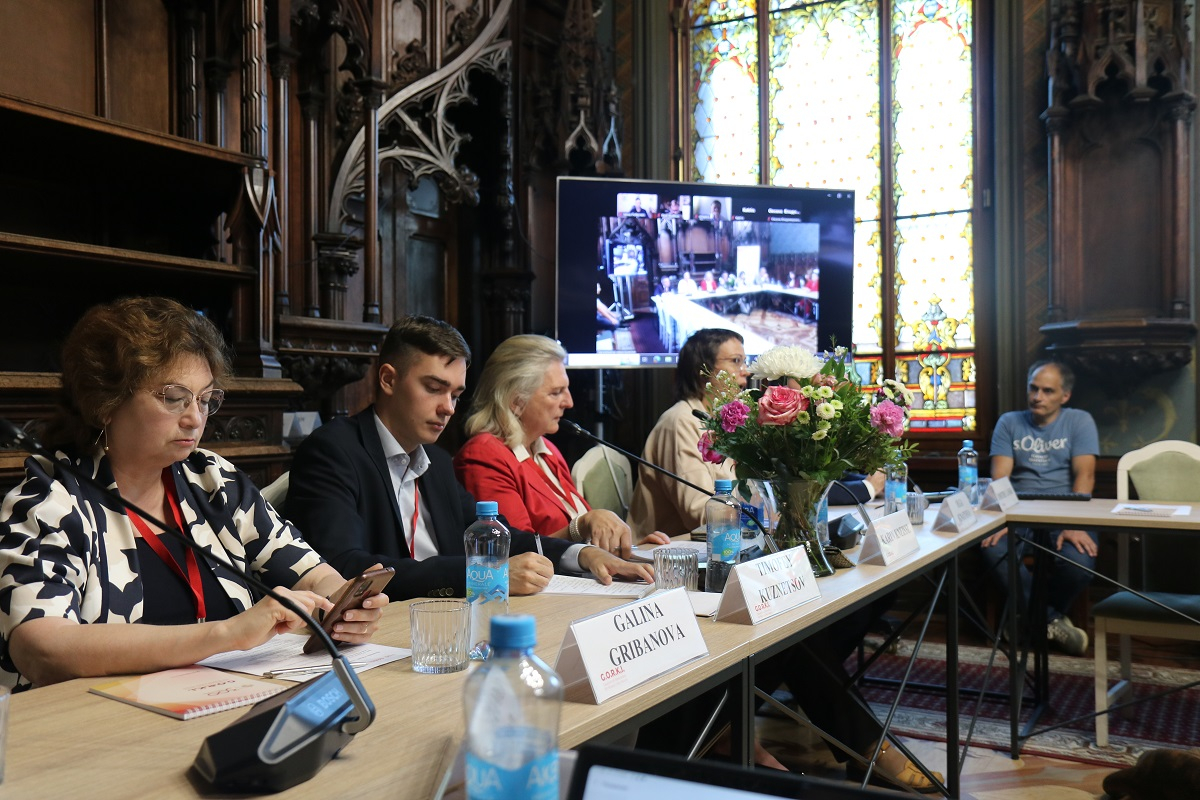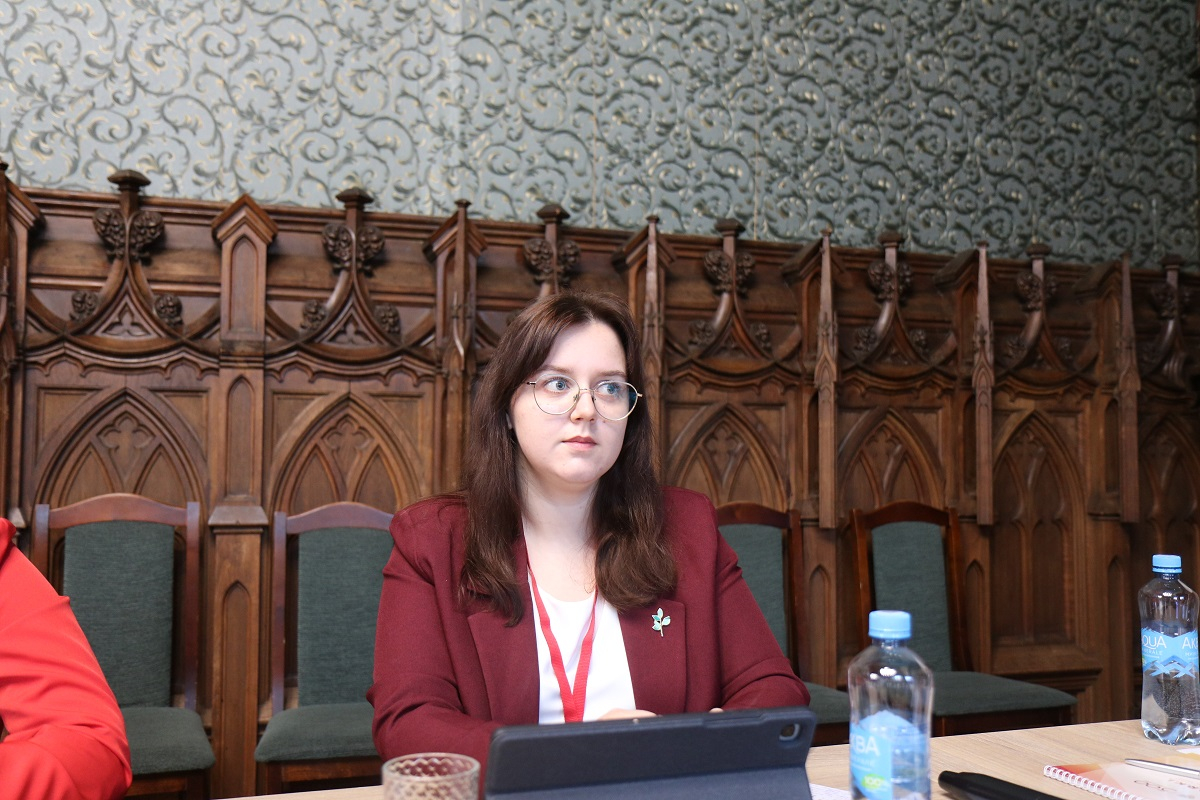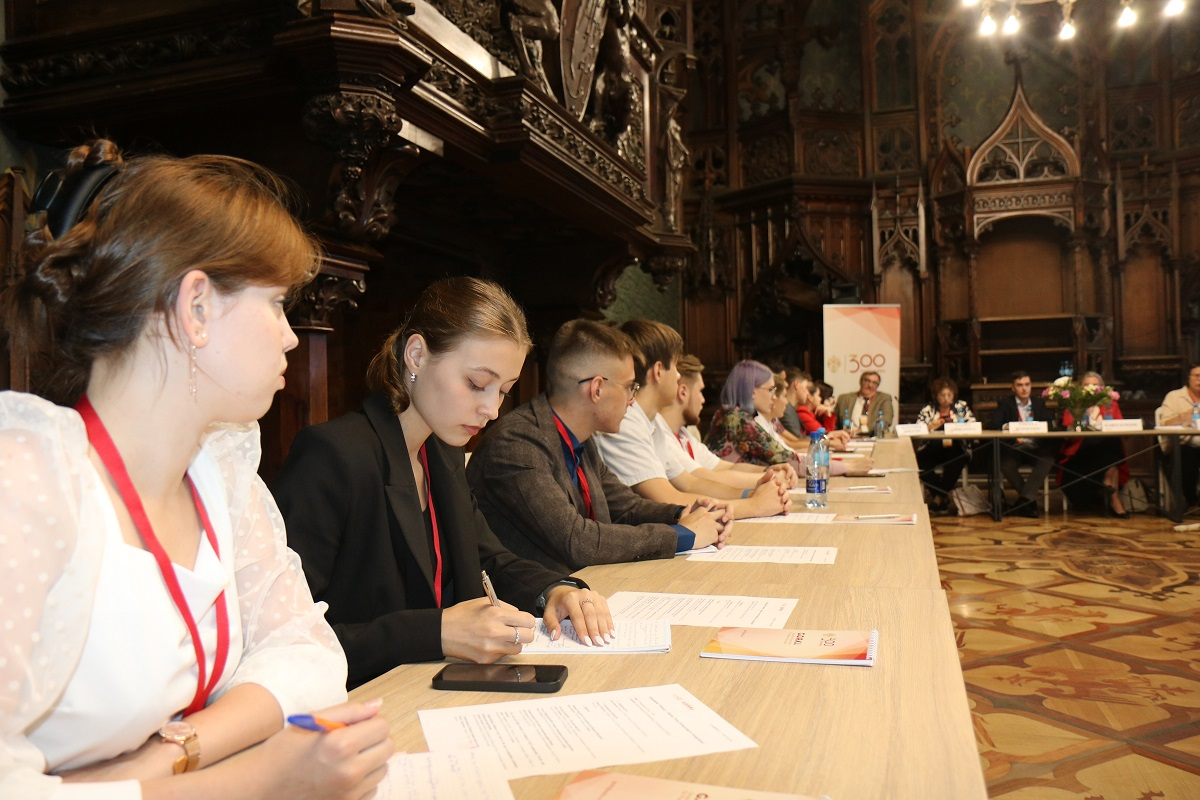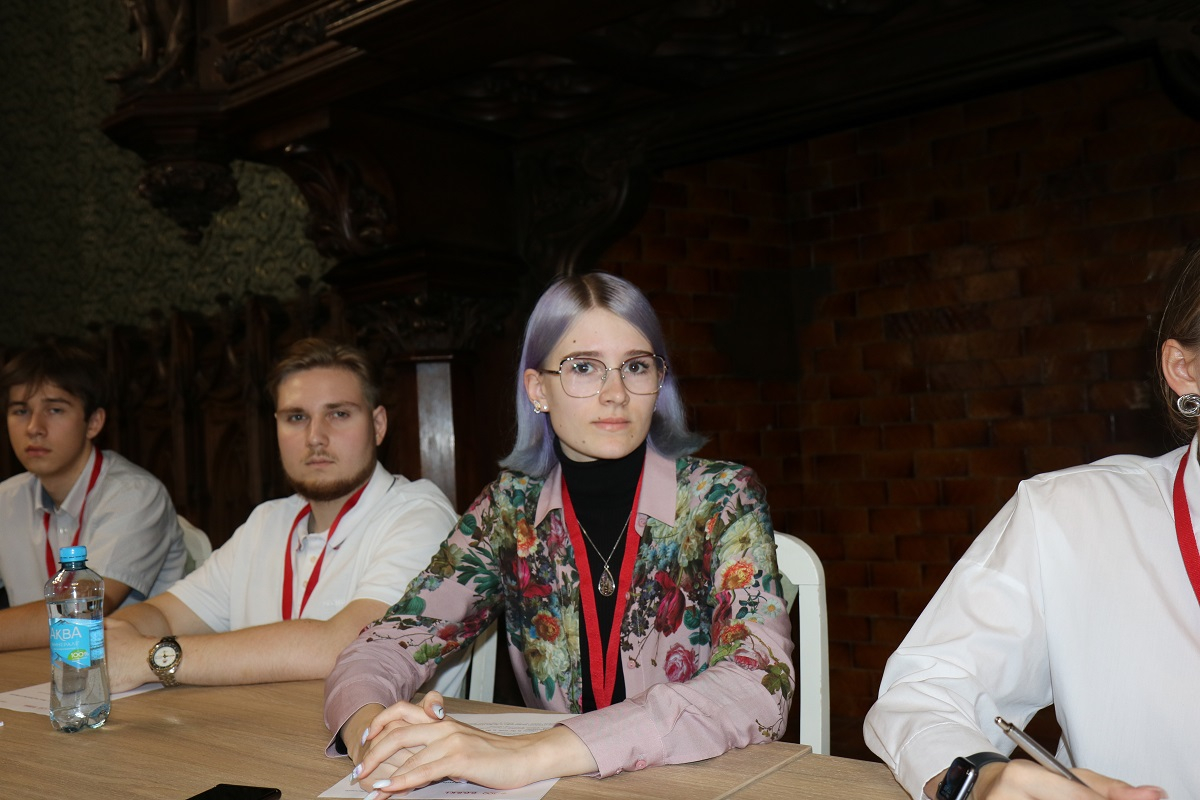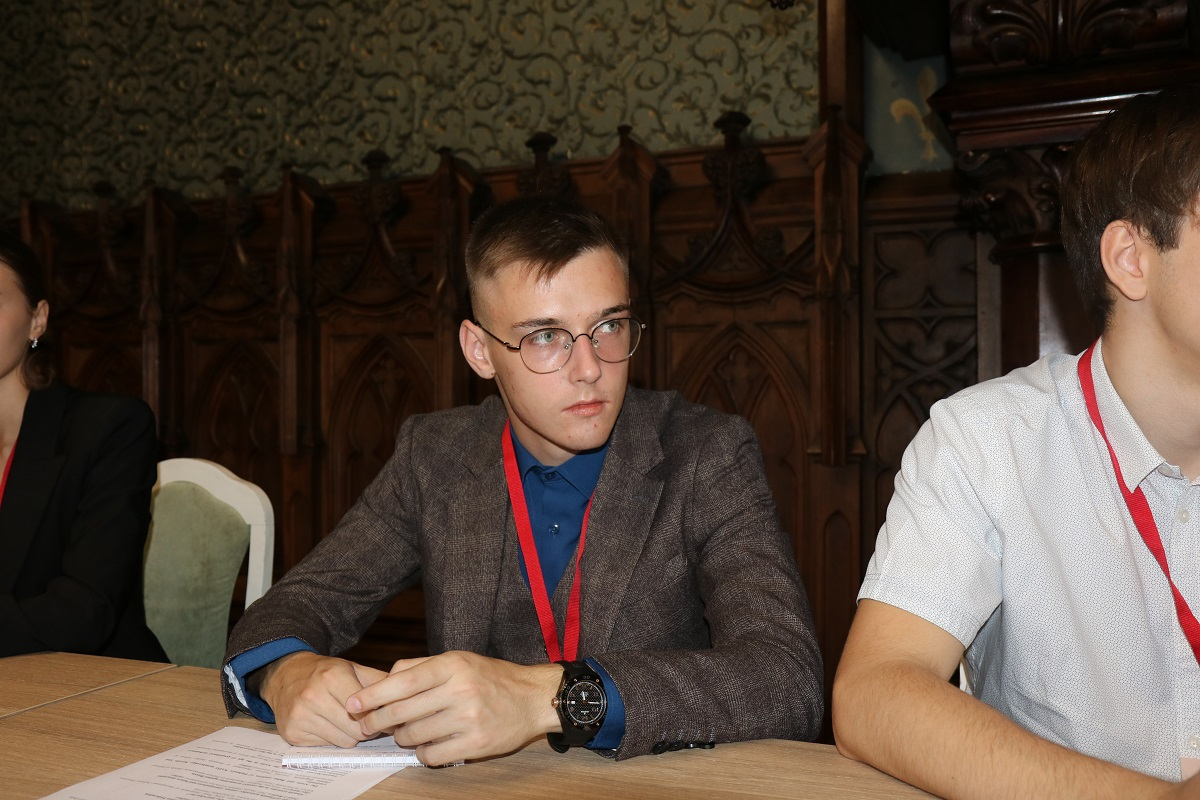Issues in Finland-Russia relations discussed at St Petersburg University
The Geopolitical Observatory for Russia’s Key Issues (G.O.R.K.I. Centre at St Petersburg University) has held the roundtable "Finland — Russia: From Partnership to Antagonism", where speakers from Russia and Finland presented their reports and proposals on the issues in Finland-Russia relations in various dimensions. The event was moderated by Dr Karin Kneissl, Head of the G.O.R.K.I. Centre at St Petersburg University.
The border with Finland is only a two-hour drive from St Petersburg, and the "Finnish influence" was quite strong in recent decades: many people had permanent Finnish Schengen visas, there were shuttle buses to Lappeenranta and Helsinki, and a weekend trip to the neighbouring country seemed routine. The rapid deterioration of Finland-Russia relations in 2022 put an end to this reality. Barriers to interaction between the two countries began to be erected as early as 2014, when Finland began to support all of the European Union’s sanctions packages against Russia. In 2022, on the initiative of the Finnish side, the usual transport logistics between the countries were significantly restricted. In 2023, Finland officially joined the North Atlantic Alliance, abandoning the traditions of neutrality that the state had consistently declared for more than half a century.
The complex nature of the issues involved in contemporary Finland-Russia relations necessitated a comprehensive and interdisciplinary approach to the roundtable "Finland — Russia: From Partnership to Antagonism". Thus, the participants in the discussion touched on a number of topical issues in their reports, including: the hostility of Finnish foreign policy towards Russia; Finland’s loss of the status of a neutral power; Finland’s Arctic policy after joining NATO; the impact of economic sanctions on the Finnish economy; changes in Finland’s nuclear policy at a time of international instability; the reflection of Finland-Russia relations in Finnish cinema; and Finland’s position in the European Union.
An important part of the event was the debate, during which the experts presented their arguments on the current possibilities of overcoming the current impasse in Finland-Russia relations.
Among the main practical proposals put forward by the participants in the roundtable were the following: a complete inventory of bilateral agreements between Russia and Finland in order to analyse the possibilities of maintaining cooperation in the current conditions; the development of Russian public diplomacy in Finland in order to create a positive image of the neighbouring country among the general public; and the use of the World Congresses of Finno-Ugric Peoples as a platform for the exchange of views between the states on key domestic and international issues.
At the end of the debate, the participants developed a common position and expressed the opinion that it is necessary to develop peace initiatives in order to resume regular contacts with the Finnish side and restore good neighbourly relations.
In conclusion, the initiator of the roundtable "Finland — Russia: From Partnership to Antagonism", Timofei Kuznetsov, a student of St Petersburg University, quoted an extract from the book by the Finnish political figure Juho Kusti Paasikivi "My actions in Moscow and Finland 1939—1941". This book contains a statement by Joseph Stalin that is still extremely relevant today: "We cannot do anything about geography, nor can you."


